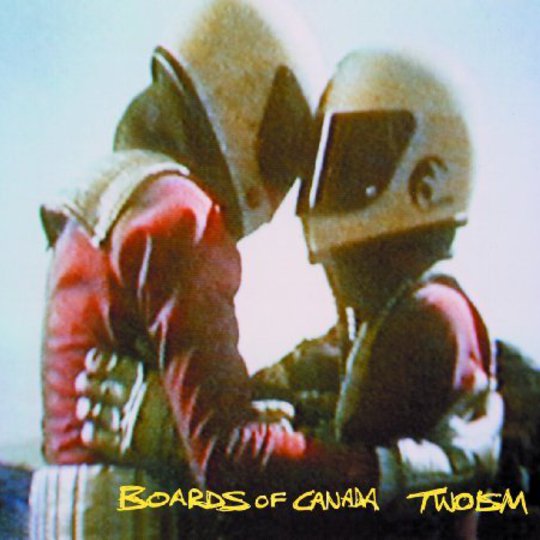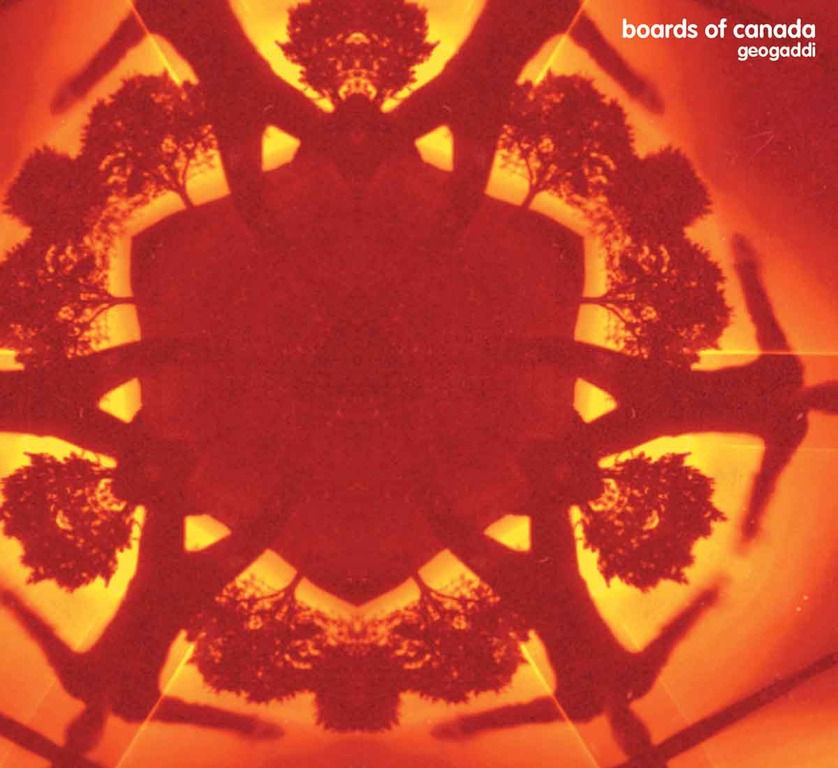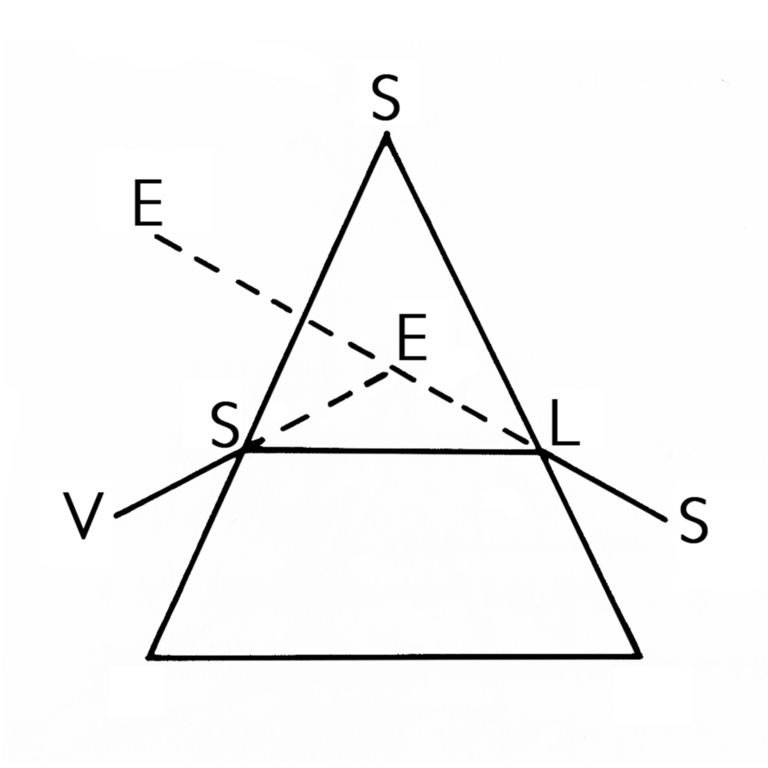When Boards of Canada returned earlier this year with the long awaited Tomorrow’s Harvest they had a lot to live up to. Their 1998 debut full-length Music Has the Right to Children will forever remain one of the defining releases in the history of electronic music, and the sheer quality of follow-ups Geogaddi and The Campfire Headphase accentuated their legend to the point at which only the very best would do on Tomorrow’s Harvest. That is of course what we got, which means the series of Warp reissues of the Sandison brothers’ back catalogue may seem slightly ill-timed. Why revel in the duo’s past when their new classic is but a few months old?
Well, if for no other reason, the repressing of three often overlooked EPs make this reissue series more than worthwhile. The studio albums have been near universally acclaimed over the years, but Boards of Canada’s shorter form output remains often forgotten in discussion. Perhaps this is because, unlike in the case of contemporaries Autechre for example, Boards of Canada’s EPs have always seemed less like extensions of their album than separate entities entirely. Despite this, each of these three EPs tell us as much, if not more, about the enigmatic Sandisons as any of their full-length exploits.
Twoism, originally released in 1995, presents us with a Boards of Canada that is youthful and naïve, yet to fulfil the grandiose uniqueness of its musical vision and, perhaps, as yet unaware even of quite what that musical vision is. Nevertheless it’s a charming record. Eight tracks (nine, if you include the unlisted bonus at the end of ‘Smokes Quantity’) of pleasantly bubbling ambient techno, free of the weight of creative necessity and of the darkness that would slowly creep into their work over time.
Aside from opener ‘Sixtyniner’, which should be familiar to anyone who has heard the unofficial first studio album Boc Maxima, all the tracks on Twoism fail to have resurfaced anywhere else in the Boards catalogue. Effectively this makes them the earliest insight available to the band’s initial musical stylings. The template that would later be used on Music Has the Right to Children is less defined here, which explains the increased harshness in sound on ‘Basefree’ and the unapologetic silliness of ‘Iced Cooly’, but equally joining the dots between the two releases isn’t all that difficult. Ultimately, Twoism feels like a sonically incomplete Boards of Canada, but is all the more interesting as a result.
In a Beautiful Place Out in the Country, released as a stopgap between Music Has the Right to Children and Geogaddi, shows how far Boards of Canada had come within five years. Conceptually focused around the Branch Davidian sect and its Waco retreat, it acts as an effective precursor to Geogaddi without quite gearing itself up to that record’s complexity. Listening directly after Twoism is slightly jarring, prompting the realisation that, even if their discography retains a unique feel all of its own, there is not quite the uniform “Boards of Canada sound” that many have tried to claim.
At once sounding both more modern and, appropriately, more rural, than earlier Boards material, In a Beautiful Place Out in the Country is perhaps most notable for featuring the slowed, manipulated voice of Amo Bishop Roden, the wife of a rival of Davidian leader David Koresh who also lends her name to another of the EP’s four tracks, on the title track. It’s a sound not quite like anything else in the Boards of Canada catalogue, managing to sound more human than their common sample use and yet, partially because of the subject matter, also far less so. It’s the highlight of an EP that contains, for my money, four of the best tracks in the entire Boards of Canada discography.
Trans Canada Highway, released nine months after The Campfire Headphase may be less distinguished than the preceding two EPs, if only because how recent it is makes it less of a curio for fans interested in seeing the development of Boards of Canada over time. Kicking off with album track ‘Davyan Cowboy’, and ending with a slightly overlong Odd Nosdam remix of the same track, the four new tracks present offer slim pickings for fans, with two being sub-two minute interludes, but the quality is as high as ever. The atmosphere of Geogaddi permeates ‘Skyliner’, whilst the breezy ‘Left Side Drive’ could easily be a lost recording from the Music Has the Right to Children sessions. Ultimately the EP is too short for the interlude tracks to feel fully worthwhile.
What runs through each of these three EPs, albeit to a lesser extent on Trans Canada Highway, is the sense of Boards of Canada as a pair of restless musical souls. For all the mysteriousness surrounding their origins and their creative process, and for all the lengthy hiatuses between records, the breadth of imagination the Sandison brothers have displayed over the course of their career to date extends far further than their love of vintage modular hardware occasionally suggests. Certainly their albums make that fairly clear, but if you want the complete picture then these EPs, which are far better than mere offcuts, are utterly essential.
Scores
Twoism - 8/10
In a Beautiful Place Out in the Country - 9/10
Trans Canada Highway - 7/10
-
8Benjamin Bland's Score
-
9User Score






















